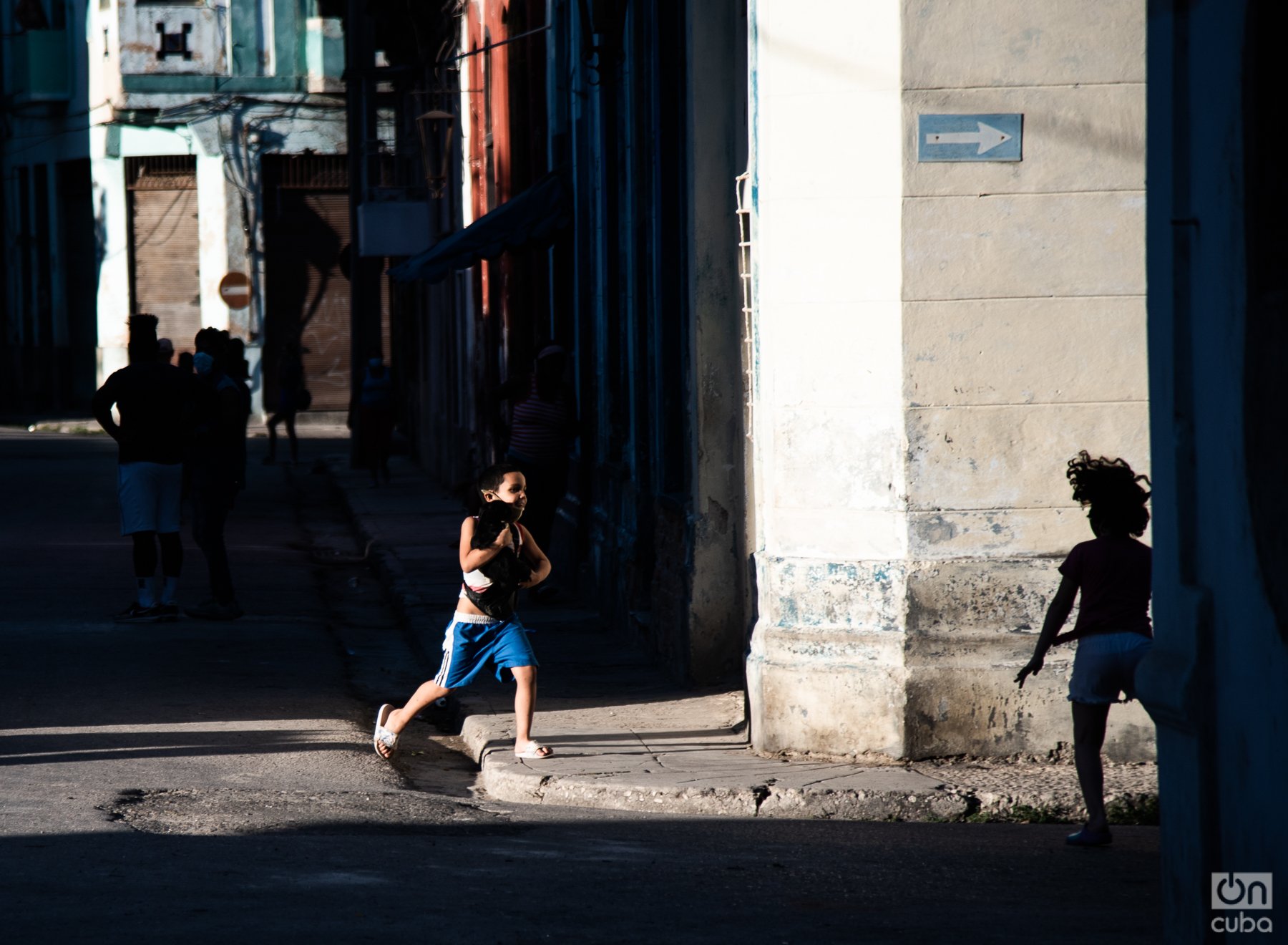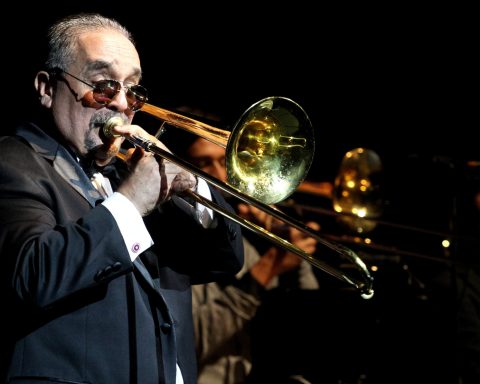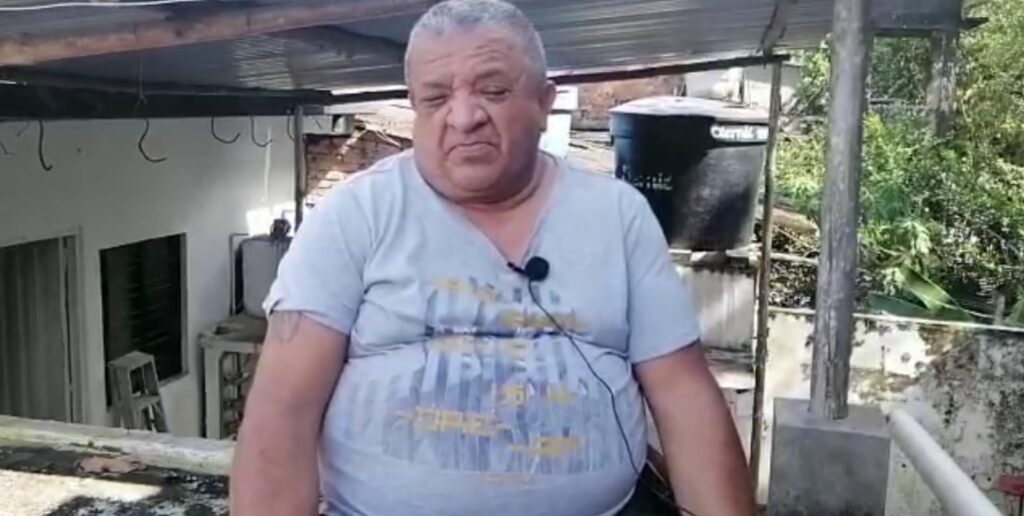Starting at about two and a half years old, my son began to change his behavior. He seemed more distracted and less willing to interact socially. From being so cheerful, he passed into a world in which it was difficult for him to give away his carefree laughter. A world of apparent introspection. My internal alarms went off.
I called two recommended specialists and they agreed that it was too young to evaluate any diagnosis. He had to give it a chance to continue developing and, with greater maturity, then check it out. However, complaints began at school about him. The teachers said, disdainfully and even angrily, that something was wrong with the boy, that he did not want to integrate and that he was throwing endless tantrums. His classmates adored him, but they, as teachers, “couldn’t handle him”.
The same school provided us with the (paid) consultation of a psychoanalyst who could help us as a family. The appointment took place at the school itself and, once there, the interview began to get weird due to the questions she asked us. However, we open up and contribute in whatever is necessary. At its end, the “specialist” ruled that we should not “speak ill” to the child of the Mexicans. Both (his father and I) were foreigners and, therefore, my son’s social rejection was explained because we made negative references to Mexican society. That was her hypothesis. In addition to leaving dejected and after having rebuked her, we realized that we were severely alone as migrants. An interracial couple in a prejudiced and exclusionary society, which understood little about human differences.
We visited as many schools as we could. They all agreed, teachers and directors who were not specialists, that my child was autistic. Faced with the signs of social stigmatization, the lack of professionals, the absence of our families and the misunderstanding and desensitization of the groups of people close to us, our lives turned upside down.
Finally, shortly before his fourth birthday, and thanks to a friend who approached us without prejudice and with great love, we came to evaluate our son with an excellent specialist. After several days of examinations, Dr. Citlali looked me compassionately in the eyes and told me: “Mom, her son does not have autism.” She thus prayed in the medical report and warned that, in fact, despite his young age, it was likely that he suffered from Attention Deficit Hyperactivity Disorder (ADHD).
ADHD
The ADHD It is a child development disorder that can start from the age of 2 and is characterized by the manifestation of a series of behaviors of inattention, hyperactivity and impulsivity. In other words, it is a persistent or ongoing pattern of poor attention, excessive activity, and poor self-control. These patterns, which may or may not occur in combination with each other, impede the flow of daily activities.
Recent research suggest that this disorder responds to a chemical imbalance that affects neurotransmitters in the brain, although genetic predisposition plays a fundamental role in explaining its causes. Different family studies assign ADHD a heritability of almost 80 percent.
It is a fairly common disorder despite the fact that very little is said about it, to the point of becoming a taboo subject or totally misunderstood. May Appear globally in 3% of boys and girls, with a prevalence of 6 to 9 times more in boys. The estimated global prevalence of ADHD up to 18 years of age is 5.29 percent and represents between 20 and 40 percent of consultations in child and adolescent psychiatry services.
It has also been shown, in long-term follow-up studies, that between 60 and 75 percent of those who were diagnosed with ADHD in childhood continue to present the symptoms during adulthood.
Currently, it has been observed constant growth in its prevalence. In the United States, for example, in a five-year period, ADHD figures increased by 22 percent. This indicates that one in ten boys and girls (10%) is diagnosed with ADHD (5.4 million children between 4 and 17 years old). For this reason, the possibility of overdiagnosis of the disorder continues to worry and, to the same extent, the need to insist on the specialized training not only of mental health professionals, but also of educators and the entire society with minimal knowledge and awareness of this type of disorder.
Generally, it is the relatives (mainly mothers and fathers) and the caregivers, teachers and teachers who judge the frequency of said behaviors and who determine if that frequency becomes “abnormal”. In fact, a possible explanation for the difference in recurrence according to sex/gender is given by the fact that girls with ADHD show less impulsiveness than boys, therefore, they attract less attention in the classroom despite the fact that they are very easily distracted.
It is common that, due to the traits of impulsiveness, lack of self-control, restless attitude and frequent distraction, they are stigmatized as “different”, uncontrollable, poorly educated, problematic or bad students. Mothers and fathers are also accused of not having educated them well or of being permissive and spoilers. However, behind this unfair judgment that is never innocuous and that has almost always irreversible consequences in the environment and personal, the possibility that these behaviors are explained by a problem as complex as ADHD is obviated.
The Best of Love Triangles: Specialists, School and Home
Understanding what my son felt and thought, in addition to understanding the reason for his actions, redirected our lives towards calm and certainty. This coupled with (un)learning a different way of being a mother and a father, where the traditional rules of upbringing have no place. Everything that we have imitated in our families ends with a clean slate for girls and boys who have ADHD.
Imposition, saying “no”, verticality and confrontation with what is apparently wrong done by the child does not work. There is no recipe but, in general, love with limits, explanation, structure and, above all, understanding, repetition and persuasion are essential. And yes, whoever is reading will say that it is, or should be, with all childhoods, but unfortunately it is not the generality.
If you go out for a walk and they crave a toy but have to say “no”, it is likely that their frustration will overflow into a tantrum that will occupy the eyes and comments of all the people around. You don’t have a way to put the brakes on it, they don’t have self-control either, ADHD is synonymous with impulsiveness and to make matters worse, the whispers of those around you like “look how spoiled”, “raise crows” and things like that worsen the situation.
While in other cases a plain and firm “no” resolves the dilemma, in ours we have to completely forget about the hostile world that judges us, we must concentrate on the fact that our child is special, explain, breathe, understand and a thousand more techniques according to the circumstances of the moment although around us the looks of others are condemning us.
While in other families precocity in learning and beautiful drawings are congratulated, in our case we are extremely happy about any small step forward, any nice doodle and, above all, when we start saying “you can’t”, “later” or “we have to wait” with no more consequences than receiving an “okay”.
Achieving these advances involves the school. A faculty prepared, professional and specialized in integration. Continuous communication between the three parties: doctor-therapists, school and family. That triad has to be infallible and harmonic. Once that is achieved, the train runs smoothly.
His doctor once told me: it’s not a sprint race, it’s an endurance race. One of her therapists also gave me unforgettable advice: she forgets everything she has learned, she begins by putting yourself in her place. As guardians of our son we assume the responsibility that the rest of the family knows how to live with him, unlearning.
There are friends who have been close and very helpful, very few, but they exist. They have helped us with their wisdom and supported us with their knowledge. Others who, on the other hand, have reproached me for the lack of communication with them, have even judged me for not having told them or for having absented myself from their lives. They still do not understand the complexity of our challenge. There are also the mothers of school friends, who promote stigmatization, who create rumours, who are suspicious that our sons and daughters play together “because their daughters don’t know about rough games”, “they are totally naive”, etc. Surely they tried to be good people and I can attest that they take courses and therapies to prove it, but at the moment of truth, they exclude those of us who “are not normal”.
All these twists and turns of life have also led us not to ask for help when we needed it to avoid a bad time, a painful or unexpected response. It is a fact that there are also contradictions on our part. Like when they visit us and tell us “but how it has progressed, it’s incredible!”. Deep down I’m glad they realize it, but at the same time it saddens me that a special expectation surrounds us.
Being a mother of a child with ADHD is all this and more. Confront with a prejudiced society, which brings a lot of talk of “inclusion” but which stigmatizes and excludes; that there are professionals and specialists who leave much to be desired; that schools lack a gigantic preparation around all diversities (including neurodiversity or neurodivergences); that there are insensitive teachers; that teaching programs seldom contemplate this plurality; that the mere fact of raising or mothering does not make you supportive by nature and that many times the bullying that our sons and daughters practice begins by imitating the rejection expressed by their families; that there is a lack of social programs that pay attention to these problems, especially for those impoverished households.
The expense for therapies, consultations, medicines (for those who need them), adaptation of the school education program and more, is very high (at least here in the capitalism of our countries of the global south). I always think of those families that live with a daily economy, precarious, marginalized.
Being a mother of a child with ADHD is knowing how to accumulate a patience that could be defined as ancestral, radically changing your structured brain towards the feeling-thinking of little people who don’t even understand why they get so frustrated. It is realizing adultcentrism, the damage of competition and individualism and that from the earliest ages we have a duty to encourage other values. But it is also confirming that the love for tiny things that make their existence in this world something perfect is enhanced. My child projects immeasurable tenderness, he is kind and supportive, smiling (again) and very mischievous. The essences of it fill my mornings and build my strength in the day to day.
That is why I want to dedicate these lines to mothers, especially, who raise boys and girls with ADHD, because I know how difficult it is to go through the days in a society that does not understand and that only the most imperceptible virtues of our daughters and sons (and that only we see), can ease our path.
may taste like son
to childbirth
smells like birth
to gut alive
Blood and tears in memory
sweat and effort,
The most intense effort to live…
May
Month where we gave birth
Month of Mark
From Mother, from childbirth,
As a baby rocking in my arms
milk on the tits
rain falling outside
Cry, cry of son
Month of my brightest smile
Of my most conscious and severe tears
Of grave, sempiternal love,
That enlarges and multiplies
may split me in two
The one from yesterday and the one from now on
I don’t want to be the same as before
I like this who I am now
Mother, mother, for all the heavens of this force
Of this love so healthy, omnipresent
I bow to the universe to give thanks
I stay with this
And with my son… May…

















